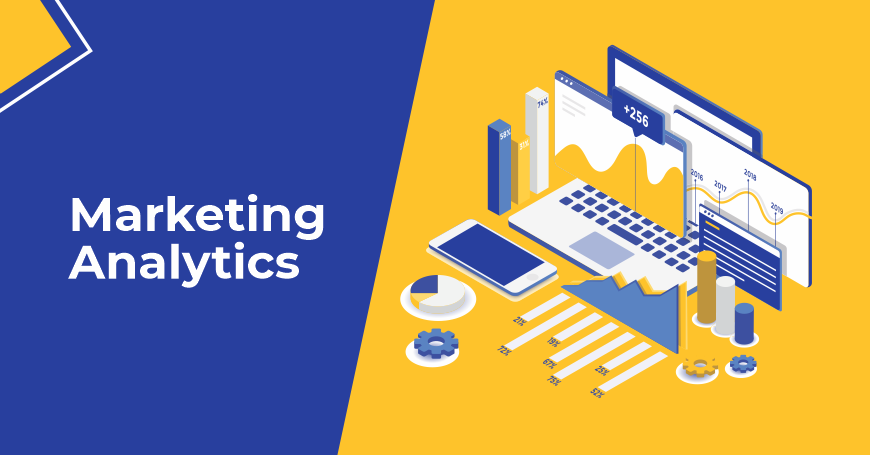Spread the loveThe prime benefit of social media advertising is ‘performance tracking’, popularly termed as Marketing Analytics. Marketing Analysis includes operations like Lead Generations, Conversions, Sales and Revenue Generation. Reports suggest that about 44% of CMOs measure ROI via analytics. …


